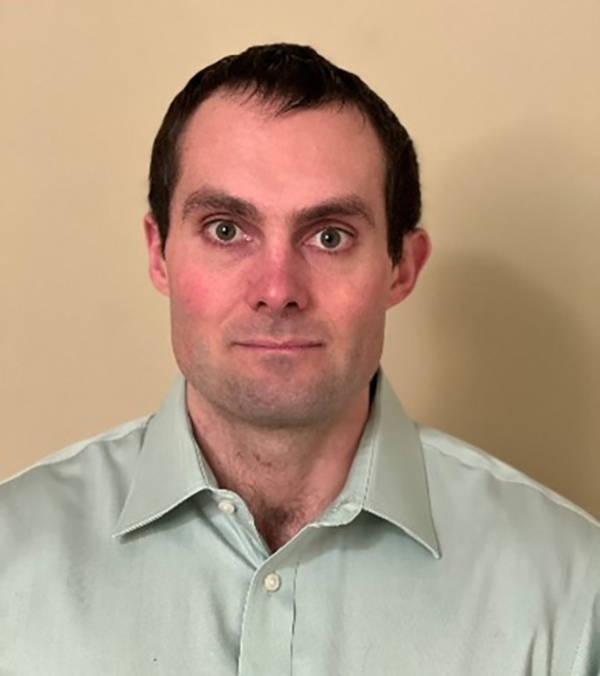NPRE 596 Graduate Seminar Series - David Frazer

- Sponsor
- NPRE 596 Graduate Seminar Series
- Speaker
- Dr. David Frazer, Technical Staff Member, Idaho National Laboratory
- Cost
- Free and Open to the Public
- nuclear@illinois.edu
- Phone
- 217-333-2295
- Views
- 88
- Originating Calendar
- NPRE seminars
Evaluating the mechanical properties of spent nuclear fuel to extend fuel burn up, and other applications of small scale mechanical testing in extreme environments
Abstract: Nuclear power currently generates approximately 20 % of the electricity in the United States. In order to increase the economic competitiveness of nuclear power, utilities are seeking to extend the burn up of the current nuclear fuel, uranium dioxide (UO2). Two challenges associated with extending the burn up of nuclear fuel are fine fuel fragmentation, relocation and dispersal (FFRD) during a loss of coolant accident (LOCA) and pellet clad mechanical interactions (PCMI) during operation. These two phenomena can lead to the detrimental release of radioactive material. Mitigating the fine FFRD during a LOCA and the PCMI during operation requires an understanding of the mechanical properties of the nuclear fuel. A challenge in measuring these mechanical properties is the spent fuel’s high levels of radioactivity after use in a reactor. Small scale mechanical testing (SSMT) requires vastly smaller volumes of a material to measure the mechanical properties while also permitting the targeting of individual microstructural features such as interfaces or grain boundaries in an expanding range of applications. SSMT techniques permit testing a variety of geometries (microcompression, microtensile, and microcantilever) using focused ion beam manufactured specimens and nanoindentation at room and elevated temperatures to evaluate material’s properties such as Young’s modulus, hardness, fracture stress, and creep properties. In the nuclear materials community these techniques facilitate the evaluation of the mechanical properties of highly radioactive material by greatly reducing the sample size volume, which significantly decreases the cost and time required to conduct post irradiation examinations of structural materials and fuels. This presentation includes a variety of SSMT techniques that have been applied to fresh and irradiated nuclear fuel to measure their mechanical properties for evaluating fine FFRD during a LOCA and PCMI. In this work the fracture stress of high burn up UO2 and the elevated temperature Young’s modulus of spent nuclear fuel were measured for the first time: data from this enhanced testing procedure should enable better predictions and modeling of fine FFRD and PCMI. SSMT is currently being utilized in an expanding range of applications for materials testing. I will conclude by discussing innovative SSMT applications currently under development including cryogenic temperature testing, in-situ liquid testing, and high strain rate testing. I will also discuss the combination of multi-length scale mechanical testing and multi-length scale microstructural investigations which facilitate a deeper understanding of materials deformation as well as other potential future implementations of multi-length scale mechanical testing.
Bio: Dr. David Frazer is currently a technical staff member at Idaho National Laboratory specializing in the SSMT of materials in extreme environments, advanced electron microscopy techniques, and nuclear fuels. Previously, he was a Seaborg postdoctoral fellow at Los Alamos National Laboratory in the Fuels Research Laboratory engaged in refining the mechanical testing of actinide compounds, thermophysical property measurements, and powder processing of uranium compounds. In his graduate work, he focused on the development of in-situ scanning and transmission electron microscopy testing techniques for extreme environments including nuclear radiation. In addition to small scale mechanical testing David has investigated employing heavy liquid metals as advanced coolants for nuclear reactors and thermal solar power generation systems. He also worked on the advanced characterization of nuclear materials using electron microscopes with focused ion beam techniques. David received his Ph.D., M.S., and B.S in nuclear engineering from the University of California, Berkeley, in 2018, 2015, and 2013 respectively. Outside of research David enjoys hiking, skiing and other outdoor activities.